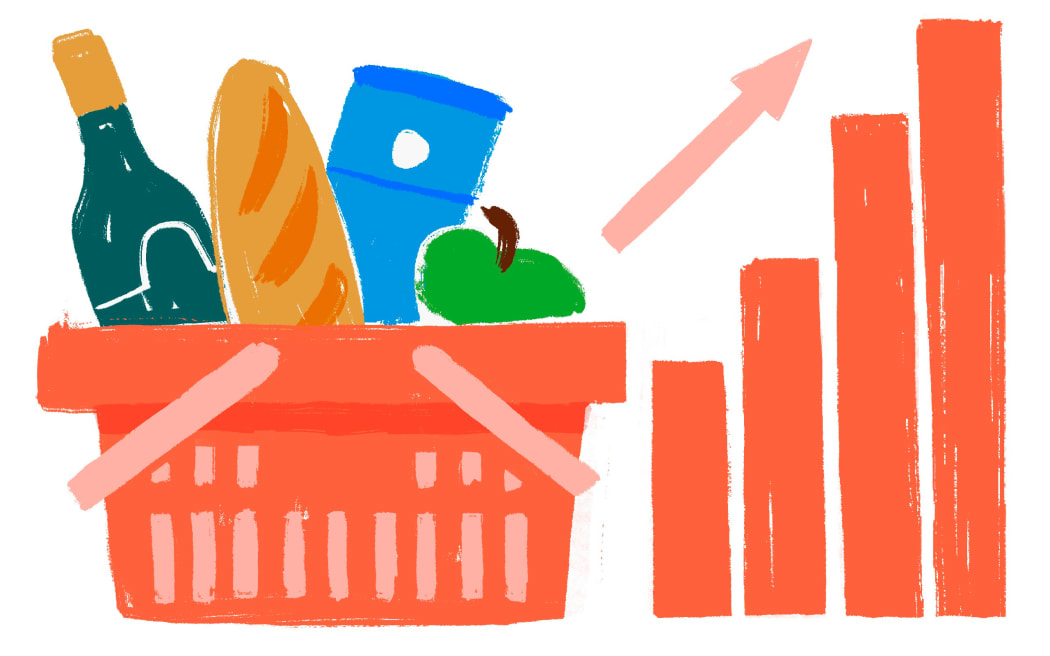Business
Report Reveals Pensioners and Beneficiaries Struggle to Meet Basics

A new report by the Zero Hunger Collective, titled Ka Mākona, highlights a troubling reality for households relying on JobSeeker Support and NZ Super. According to the report, these households are spending more each week than their income allows, leading to significant financial strain.
The report reveals that approximately 27 percent of children are living in food-insecure households. This year, for the first time, the report expands its focus to include older individuals, assessing the financial viability of various household types, including single adults, sole parents with children, and two-parent families. The analysis considers essential expenses such as housing, food, transportation, and utilities.
Living Costs Exceed Incomes
The findings are stark. Households on JobSeeker Support and NZ Super consistently face weekly deficits. For instance, a single adult on JobSeeker Support typically experiences a shortfall of about $107 per week. Similarly, a solo parent with two children has an average deficit of $21.42, while a two-parent household with the same number of children faces a weekly shortfall of $111.15. Those on NZ Super are not exempt either; a single individual is short $17.67, and a couple is missing $35.85.
The report emphasizes that the rising cost of living is a key factor contributing to these financial gaps. “The escalation in living expenses has continued, with income increases failing to keep pace with inflation,” the report states. Researcher Jennie Sim points out that housing costs are particularly burdensome, with rental prices soaring in many regions.
In Christchurch, for example, the cost of renting a three-bedroom home has increased by approximately $160 over the past five years, while income levels have not seen a proportional rise.
Impact on Women and Families
The report also sheds light on the specific challenges faced by women, particularly those in low-paying, female-dominated professions such as nursing and teaching. Sim highlights that many women enter these fields burdened by the costs of unpaid placements during their training, which exacerbates financial insecurity.
“Unpaid placements in professions like nursing and teaching create hardships that lead to food insecurity, especially for those who are also managing tuition and housing costs,” she explains. Sim notes that many women in these sectors may find themselves financially disadvantaged compared to their peers in more lucrative fields.
The report further indicates that funding cuts to community food organizations and budget advisory services have led to a reduction in available support. Many frontline agencies have exhausted their resources, and the remaining organizations are struggling to meet the increased demand for assistance.
The head of the New Zealand Food Network, Gavin Findlay, reported a significant rise in requests for food support. “More than half a million people are accessing some form of food assistance each month, which highlights the widespread nature of this issue,” he said.
Findlay noted that the demand for food assistance has not decreased as anticipated. “Despite a brief plateau in requests, the numbers remain high compared to pre-COVID levels,” he added, underscoring the connection between rising living costs and food insecurity.
Financial mentor David Verry commented on the broader economic context, stating that while lower interest rates may benefit homeowners with mortgages, many others are not witnessing similar improvements. He pointed out that the cessation of the Winter Energy Payments for all beneficiaries has further strained finances during colder months.
As the report concludes, it paints a grim picture for many households in New Zealand, particularly those led by single parents and women. With rising living costs and insufficient income, the struggle to cover basic necessities continues to deepen for vulnerable populations. The findings call for urgent attention to the financial realities faced by these households and the need for sustained support to ensure their wellbeing.
-

 World3 months ago
World3 months agoTest Your Knowledge: Take the Herald’s Afternoon Quiz Today
-

 Sports3 months ago
Sports3 months agoPM Faces Backlash from Fans During Netball Trophy Ceremony
-

 Lifestyle3 months ago
Lifestyle3 months agoDunedin Designers Win Top Award at Hokonui Fashion Event
-

 Sports3 months ago
Sports3 months agoLiam Lawson Launches New Era for Racing Bulls with Strong Start
-

 Lifestyle3 months ago
Lifestyle3 months agoDisney Fan Reveals Dress Code Tips for Park Visitors
-

 Health3 months ago
Health3 months agoWalking Faster Offers Major Health Benefits for Older Adults
-

 World3 months ago
World3 months agoCoalition Forms to Preserve Māori Wards in Hawke’s Bay
-

 Politics3 months ago
Politics3 months agoScots Rally with Humor and Music to Protest Trump’s Visit
-

 Top Stories3 months ago
Top Stories3 months agoUK and India Finalize Trade Deal to Boost Economic Ties
-

 Entertainment3 months ago
Entertainment3 months agoExperience the Excitement of ‘Chief of War’ in Oʻahu
-

 World3 months ago
World3 months agoHuntly Begins Water Pipe Flushing to Resolve Brown Water Issue
-

 Science3 months ago
Science3 months agoNew Interactive Map Reveals Wairarapa Valley’s Geological Secrets









